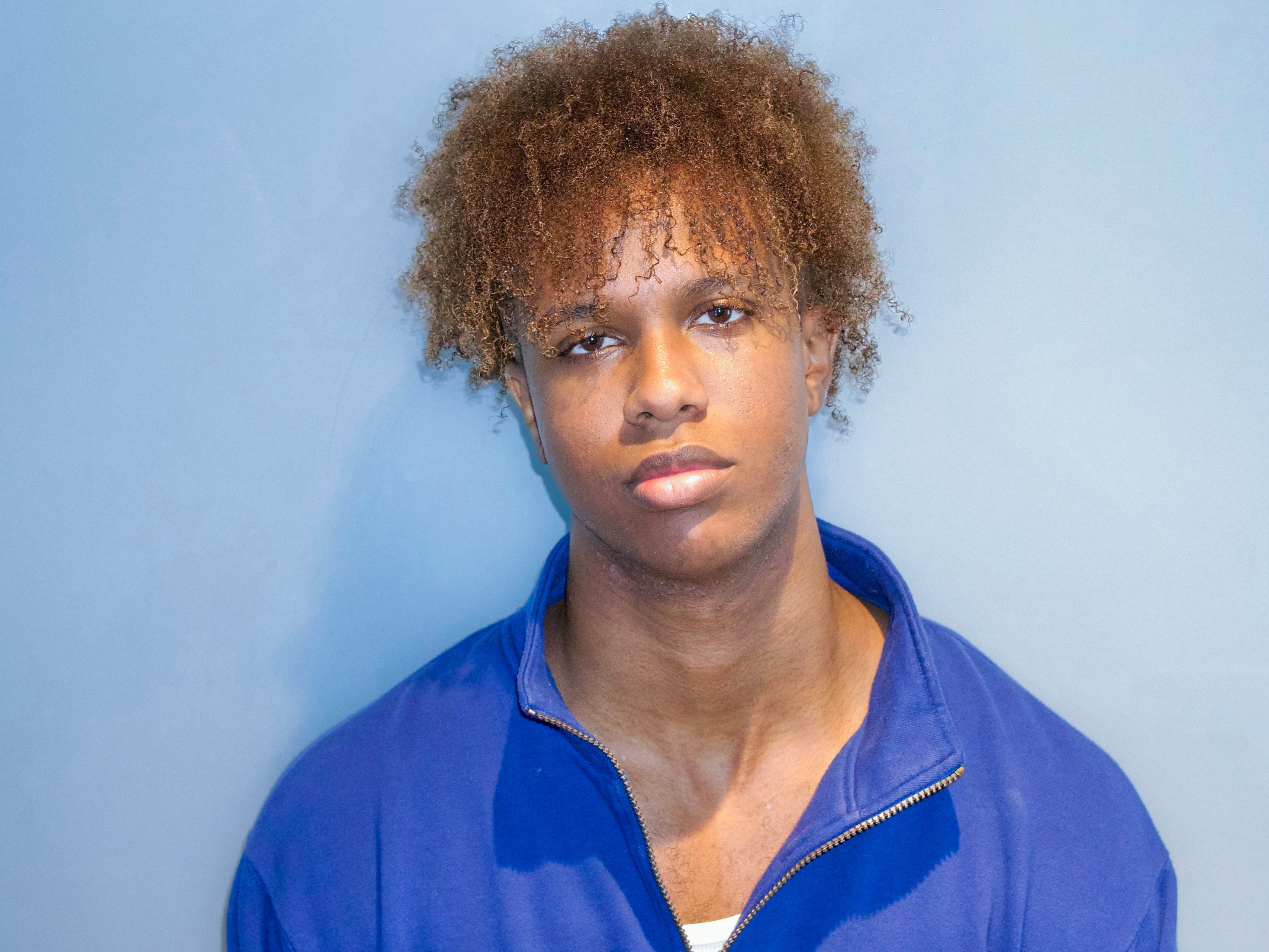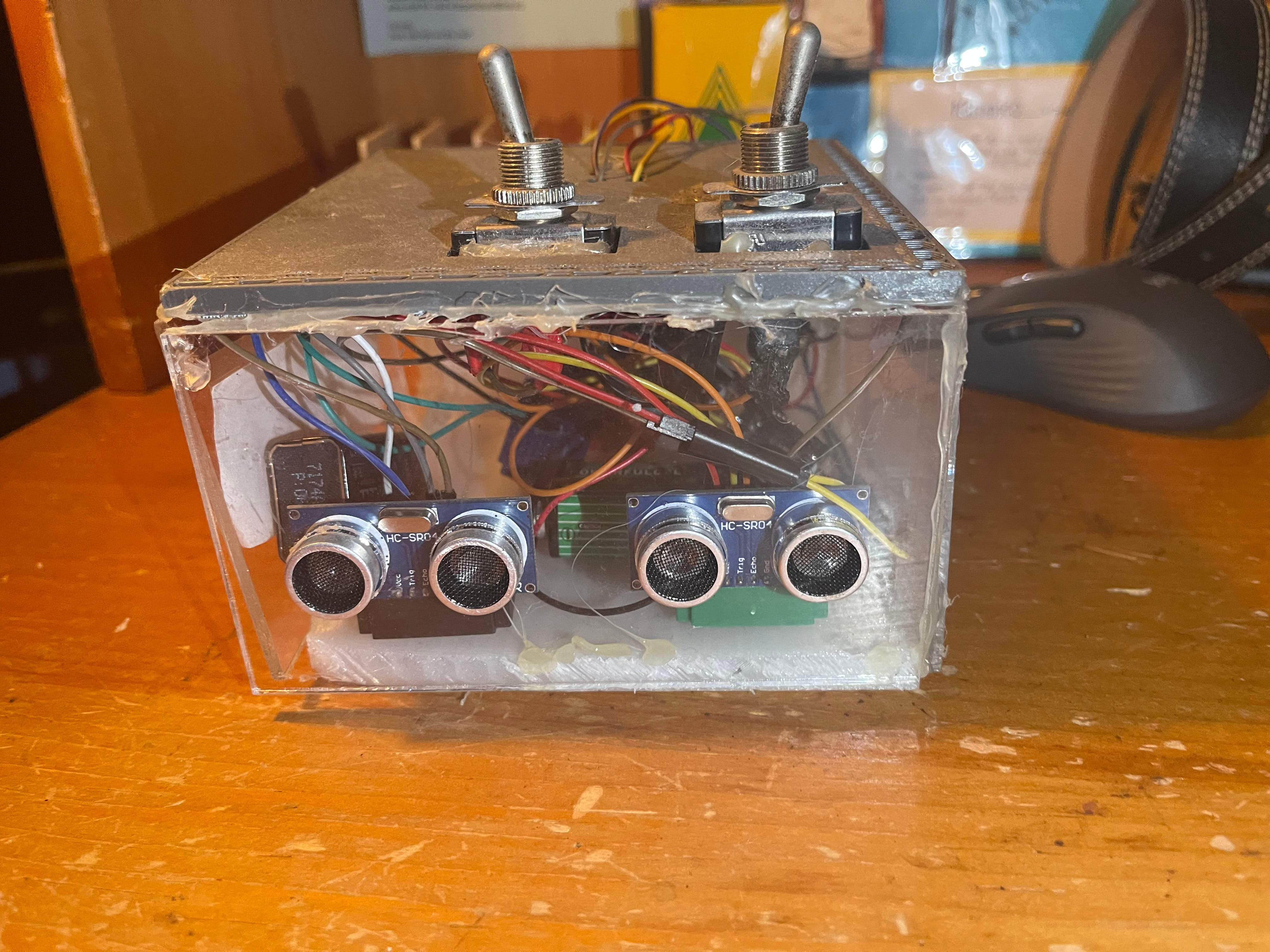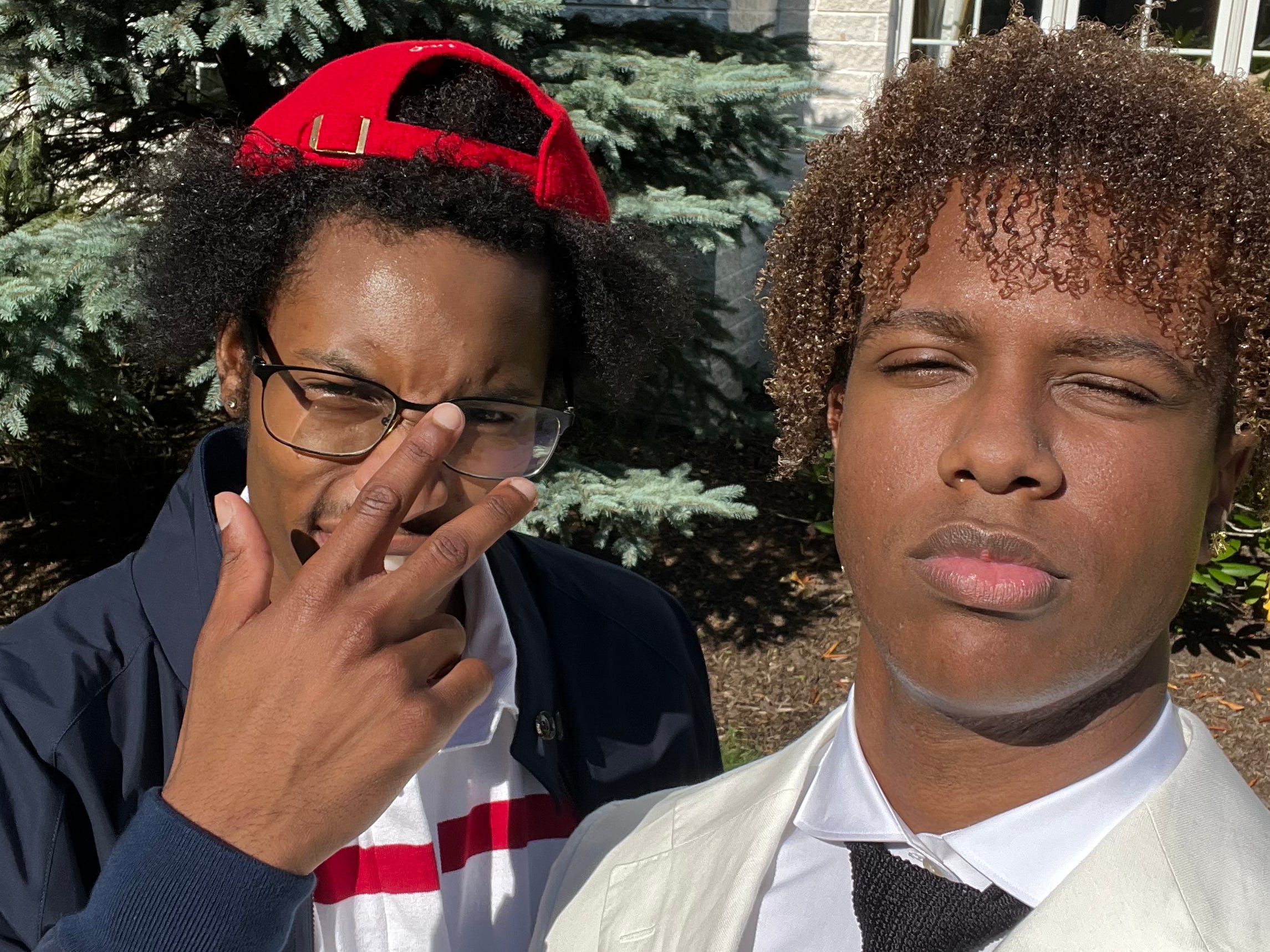
Courtesy of Nathaneo Johnson
This as-told-to essay is based on a conversation with Nathaneo Johnson, 21, who co-founded Series, an AI-powered social network. His education and startup funding have been verified by Business Insider. The following has been edited for length and clarity.
People are used to only focusing on one objective at a time.
We’re told you can drop out of school to start a company early, or you can graduate, work in consulting or investment banking for a while, and do it later.
The middle ground is possible, too. While at college, I co-founded Series, an AI social networking platform that matches people over iMessage. We’ve secured $3.1 million in pre-seed funding, and I’m still a student at Yale.
I’ve been coding since 7th grade
For as long as I can remember, I’ve had an interest in technology and entrepreneurship. In seventh grade, a technology teacher introduced me to Linkbots, modular robots you could link together by programming them in C to make them pass a series of obstacle courses. This was my introduction to coding.
In eighth grade, I built a walking stick for the blind, using ultrasonic sensors and an Arduino microprocessor. I 3D printed the base using Fusion 360 and attached motorized wheels and a vibration motor module.

Courtesy of Nathaneo Johnson
Nowadays, I’d say I’m pretty proficient with C, Python, and Swift, which I mainly learned during my summer as a senior in high school. I was also involved in normal extracurricular activities. I was the varsity captain of the basketball team and valedictorian of my high school year.
I’d always planned to go to MIT. But by the time college admissions rolled around, I chose Yale at the last minute. Yale offered breadth — computer science, philosophy, and art. It had the resources for me to become great at anything.
The power of warm introductions
Over the summer of 2022, before Yale, I spent three weeks using Swift to code Mix26, an app to help freshmen navigate orientation.
That October, I started “The Founder Series” podcast through the Yale Entrepreneurial Society to showcase how some of the college’s most famous entrepreneurs used their networks to get to where they are. A recurring theme was that many of them used “warm introductions” — where a trusted mutual connection links two people — to meet their first investors, customers, and users.
We soon realized that warm introductions could be used for just about anything.
I had the idea that the process could be automated, and that was the birth of Series.
We officially launched Series in July 2024. We initially used voice and email before a technological breakthrough during the winter break that December allowed us to bring it into iMessage.
We raised a lot of money, but I didn’t pay myself a salary
After it started to take off, we set out to raise a pre-seed round of funding in February 2025. Beforehand, we had been having conversations with VCs, here and there, to gauge our ability to build something scalable.
The day we got the pre-seed funding in March, I remember walking out of dinner with my cofounder with a million-dollar deal signed. We were very calm, but it was a scary calm. We knew at that moment that we had the resources to build this dream out. It’s a rare feeling, to be so aligned with a passion you’ve worked on for so long, and then to be handed the key to unlock its potential. You feel like nothing can stop you, and the sky is the limit.
It was a lot of money, and I’m obviously able to draw a salary, but I’m choosing not to. There’s not really a reason to do that. The idea is to mainly use the capital for the product and to bring on more developers to build it.
I’m often working 120-hour weeks
Most people would choose to do this after college, so they have a financial safety net that can be gained from a salary. Compared to other people at Yale, I’m among those with the least to fall back on. I was raised by a single mother, so I can’t rely on family if this doesn’t work.
I think if you have a safety cushion, you’re likely to make your Plan B your Plan A. And if you’ve got something to lose, you’re always hedging. But when you have nothing to lose, like me, you can go all in.

Courtesy of Nathaneo Johnson
People might wonder how I find the time to build Series as a senior at Yale. But being a student is easy: you just go to class and pass. The time that students put into extracurricular activities, their friendship groups, and so many other minuscule time commitments, I spend on my startup.
I normally spend about 18 hours a day in my office, often working for 120 hours a week on a mix of college work and startup stuff. The key thing is time management. It’s about being disciplined and organized and delegating when you can. If you can’t delegate to others, then it’s about prioritization and sacrificing more. That’s how to best position yourself to win.
At the moment, I’m doing a lot at college. We’re about to head into our Series A funding pretty soon. Yet, I’m feeling euphoric. There’s nothing better than living your dream.
Do you have a story to share about working in AI during or straight after college? Contact this reporter at [email protected].
The post I raised $3 million for my AI startup as a full-time Yale student. Here’s how I manage my time so I can do both. appeared first on Business Insider.




